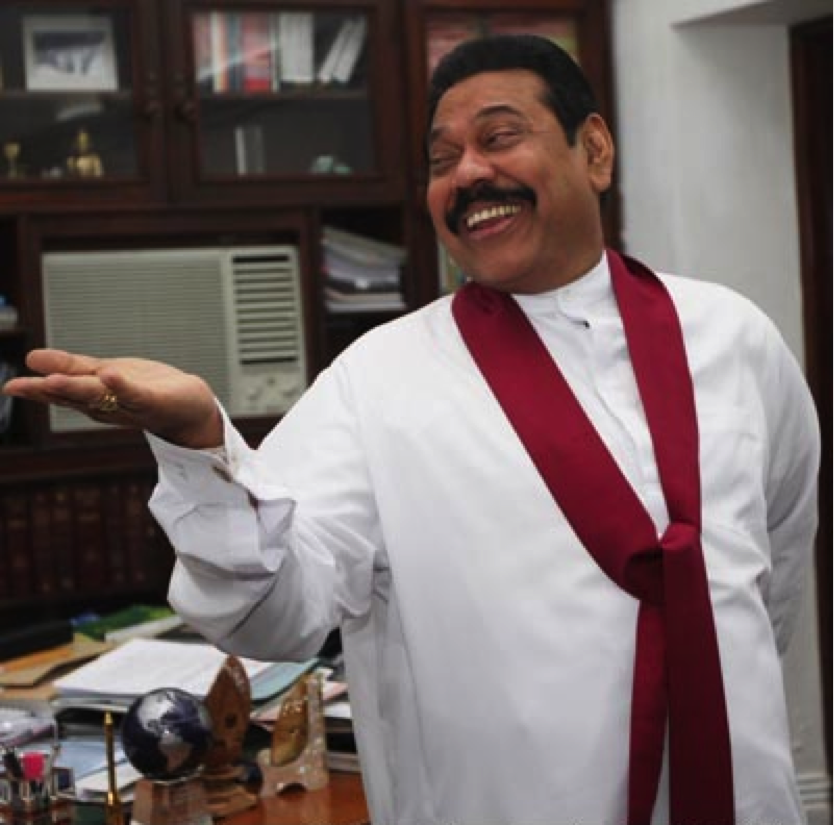Lifting of emergency will strengthen democratic processes
President Mahinda Rajapaksa’s announcement to Parliament that the government would not be renewing the state of emergency comes as a welcome action in the restoration of normalcy in the country. With the war against the LTTE ending over two years
and three months ago, the time was ripe for a restoration of normal laws to the country. The country has been governed continuously under emergency laws since 2005. The National Peace Council is hopeful that civil administration will be installed in the former war zones of the North and East, and the role of the military in governance will be rapidly diminished.
The key to peace and social harmony is winning the confidence of people of all ethnicities in the State as a protector of their rights, liberties and safety. Regrettably the recent spate of incidents in different parts of the country have caused panic to grip many communities on account of so-called “grease devils” who daub themselves with grease, attack women and slip away without being caught. Angry mobs of people have also attacked police stations and military camps in different parts of the country, claiming the involvement of the security forces in these attacks on women. Severe disturbances along with loss of life have taken place in north,east, central hills and west of the country.
The reaction of the security forces has been very harsh in some instances. In Navanturai in the north, about one hundred persons have been arrested in the aftermath of a clash with the security forces. What the Grease Devil problem has demonstrated is that the increase in militarization becomes meaningless and self-defeating in the context of the breakdown of law and order that accompanies loss of people’s confidence in the security forces. It also reinforces a vicious cycle that is totally unacceptable in a post-war society that aspires to regain lost years and attain great heights of development.
Along with the ending of emergency rule the government needs to consider wider reforms to the institutions of law and order. Most of the cases of disturbance have been reported from areas in which the Tamil and Muslim ethnic minority populations predominate. Emergency Regulations confer undue powers on the police and the military and when these institutions do not have adequate representation of the minorities, the minorities look upon the security forces as mere manifestations of state power intended to keep them in subjection and deprive them of the rights enjoyed by the majority community.
Following the end of the war, the government has declared its intention to increase the Tamil and Muslim proportion of the security forces, particularly of the police. The government has also spoken of community policing in which there will be more positive cooperation between the security forces and civil population. The National Peace Council urges that these positive measures be implemented in a responsible manner soon to accompany the re-establishment of normal law. We hope that the government’s reliance on democratic processes will ensure that those political and civic processes aimed at finding a just and equitable solution to the ethnic conflict will also be strengthened.
– Statement by the National Peace Council
Governing Council
The National Peace Council is an independent and non partisan organisation that works towards a negotiated political solution to the ethnic conflict in Sri Lanka. It has a vision of a peaceful and prosperous Sri Lanka in which the freedom, human rights and democratic rights of all the communities are respected. The policy of the National Peace Council is determined by its Governing Council of 20 members who are drawn from diverse walks of life and belong to all the main ethnic and religious communities in the country.

